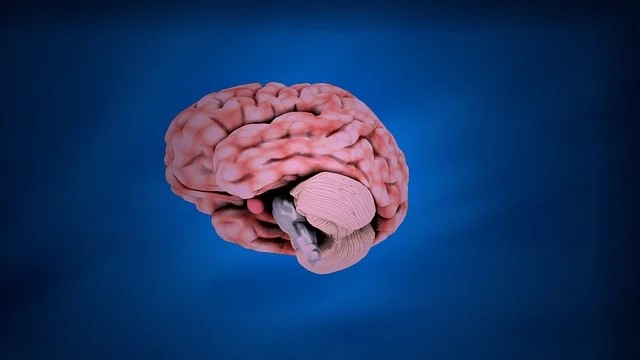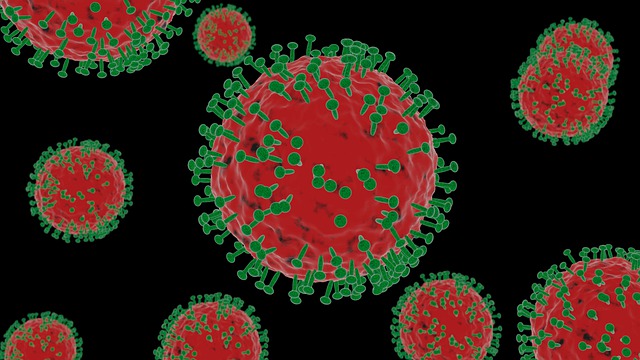
Stress and Its Implications in Affective Disorders and Other Illnesses
Implications of stress in affective disorders and other medical conditions are explored, highlighting the multifaceted impact of stress on physical and mental health outcomes and the importance of stress management interventions in clinical practice.
June 2021

Diagnostic Criteria for Hyperinflammatory Syndrome in COVID-19 Patients
Development and validation of diagnostic criteria for hyperinflammatory syndrome in hospitalized COVID-19 patients facilitate early recognition and targeted management strategies, improving clinical outcomes and reducing disease severity in affected individuals.
June 2021

Psychiatric Illness and COVID-19 Mortality Risk: Implications for Patient Care
Patients with psychiatric illnesses face increased mortality risk from COVID-19, emphasizing the importance of targeted interventions and integrated mental health care in managing COVID-19 outcomes and reducing mortality rates in vulnerable populations.
May 2021

Long-Term Consequences of COVID-19: Post-Acute Syndrome Recognition
Post-acute COVID-19 syndrome, characterized by persistent symptoms and complications beyond acute infection, underscores the importance of recognizing and addressing long-term health impacts in COVID-19 survivors, regardless of initial disease severity.
May 2021

Electroconvulsive Therapy in Bipolar Disorder: Efficacy and Safety Profile
One of the largest studies demonstrates the efficacy and safety of electroconvulsive therapy in patients with intractable bipolar disorder, supporting its role as a valuable treatment option in severe and refractory cases.
May 2021

Fibromyalgia: A Multidisciplinary Approach to Management
Fibromyalgia (FM), characterized by chronic musculoskeletal pain, stiffness, fatigue, and mood disturbances, necessitates a multidisciplinary approach to management, incorporating pharmacological interventions, physical therapy, cognitive-behavioral therapy, and patient education to optimize clinical outcomes and improve quality of life for affected individuals.
April 2021

Psychological Health of Pregnant Women during the Pandemic: Insights into Fear and Depression
Many pregnant women experience fear and depression during the pandemic, underscoring the importance of addressing mental health needs and providing adequate support and resources to mitigate psychological distress and promote maternal well-being during this challenging time.
April 2021

Adrenal Crisis in Elderly Patients: Recognition and Management Challenges
Adrenal crises represent serious manifestations of adrenal insufficiency in elderly patients, necessitating prompt recognition, hospitalization, and intensive management to mitigate associated risks of cardiovascular events, acute kidney injury, and mortality, highlighting the importance of heightened clinical vigilance in this vulnerable population.
April 2021

Stigma and Discrimination Related to COVID-19: Prevalence and Associated Factors
Investigating the prevalence and factors associated with stigma and discrimination during the COVID-19 epidemic provides insights into the psychosocial impacts of the pandemic and informs targeted interventions to address societal attitudes and behaviors towards affected individuals.
March 2021

Endocrine Disruptors: Implications for Perinatal, Neurodevelopmental, and Reproductive Health
Evidence supports associations of endocrine disruptors with adverse perinatal, neurodevelopmental, metabolic, and reproductive outcomes, underscoring the need for continued research and regulatory efforts to mitigate environmental exposures and protect vulnerable populations from endocrine-disrupting chemicals' adverse effects.
March 2021















